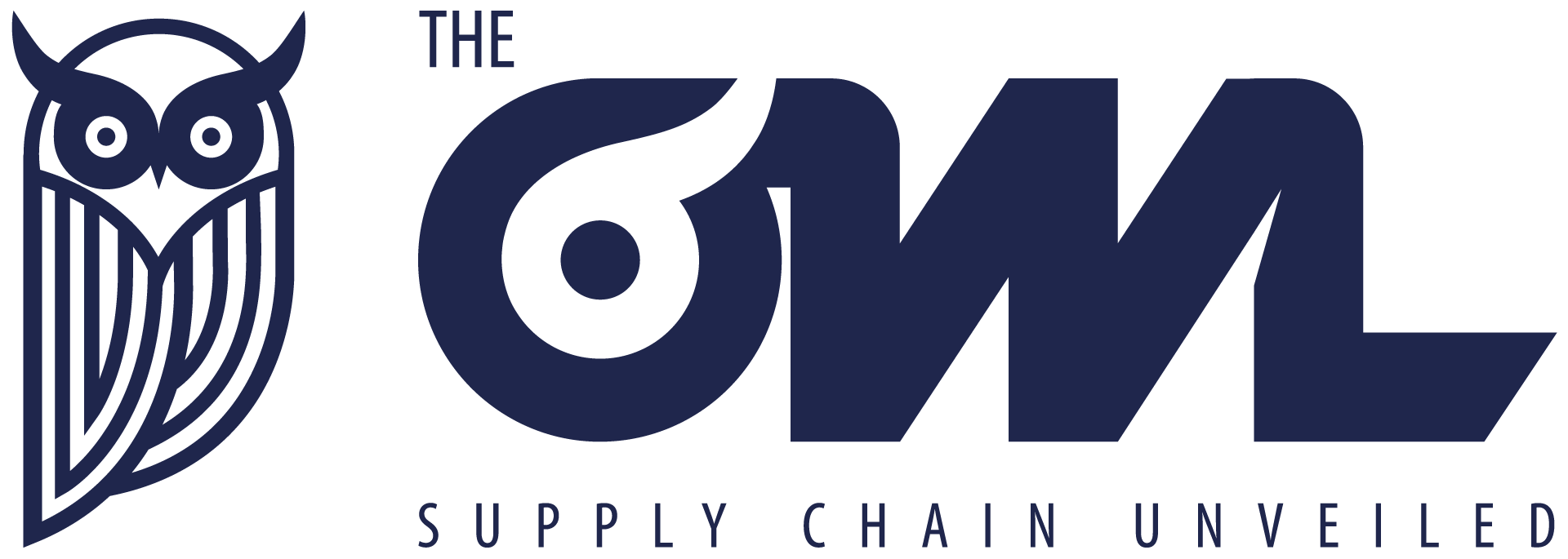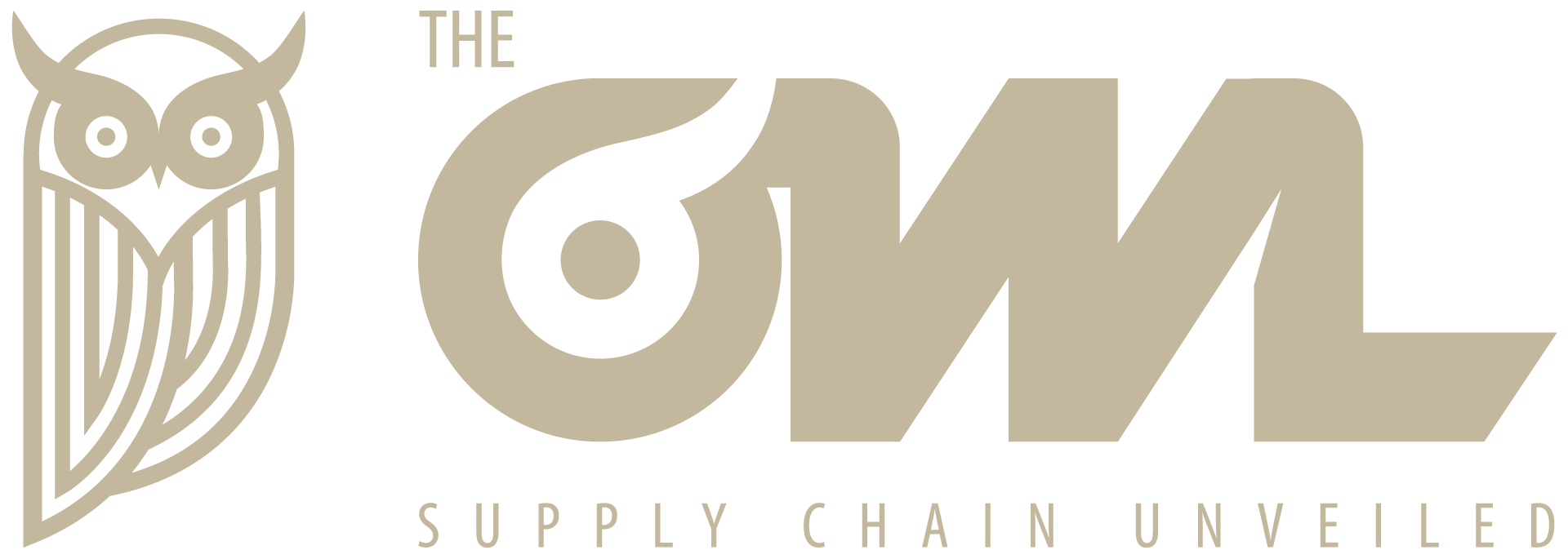- Print
- DarkLight
In The Owl Solutions’ blog, we write short 3-5 minute articles about data and supply chain which are intended to inform you on the value of your resources, and how to keep up with our ever-changing society.
Here you can read a preview of our blog post on using your supply chain to prepare for a post-Covid19 reality written by Hugo Fuentes:
Henry Ford faced a business dilemma in 1914. Public opinion was that he was eccentric, crazy, an outsider. The cost of his Model T was around $500, but the per-capita income in the United States was only $354 in 1913. Additionally, factory workers were very nomadic, travelling from factory to factory to obtain higher wages. Its business was at risk and employee turnover was also creating supply chain constraints.
His solution was controversial, yet pragmatic: he increased the daily wage for his workers to $5.00 from $2.38, and slashed an hour off his employees’ workday, from 9 to 8. His thinking was that if he wanted the motorcar to be widely accepted by typical Americans, he needed to pay his workers enough that they could afford to use the products they worked on all day. Turns out, it worked. By 1916, profits doubled, and sales grew immensely. By 1921, Ford had control of half of the U.S. auto market and the price of a Model T was about half of per-capita income. By deciding based on necessity but flavoured by creativity, he achieved a rebound from his current circumstance. He: (1) solidified his labour force, (2) drastically increased profit, and (3) changed the perception the public held of him. He played a long game instead of being short-sighted.
Present-day companies are facing a dilemma of their own. For the vast majority, the Coronavirus crisis has brought with it much supply chain disruption. To overcome this disruption, companies should learn from Henry Ford’s pragmatism. His approach may provide companies with a blueprint to prepare for a post-COVID reality. As Ford did, they should think with ‘creative practicality’ and use supply chain improvement as a vehicle to elevate their post-crisis standing. Here are six recommendations on how to do so:
To read the rest of this post, and to see our other blog posts, visit our website.



